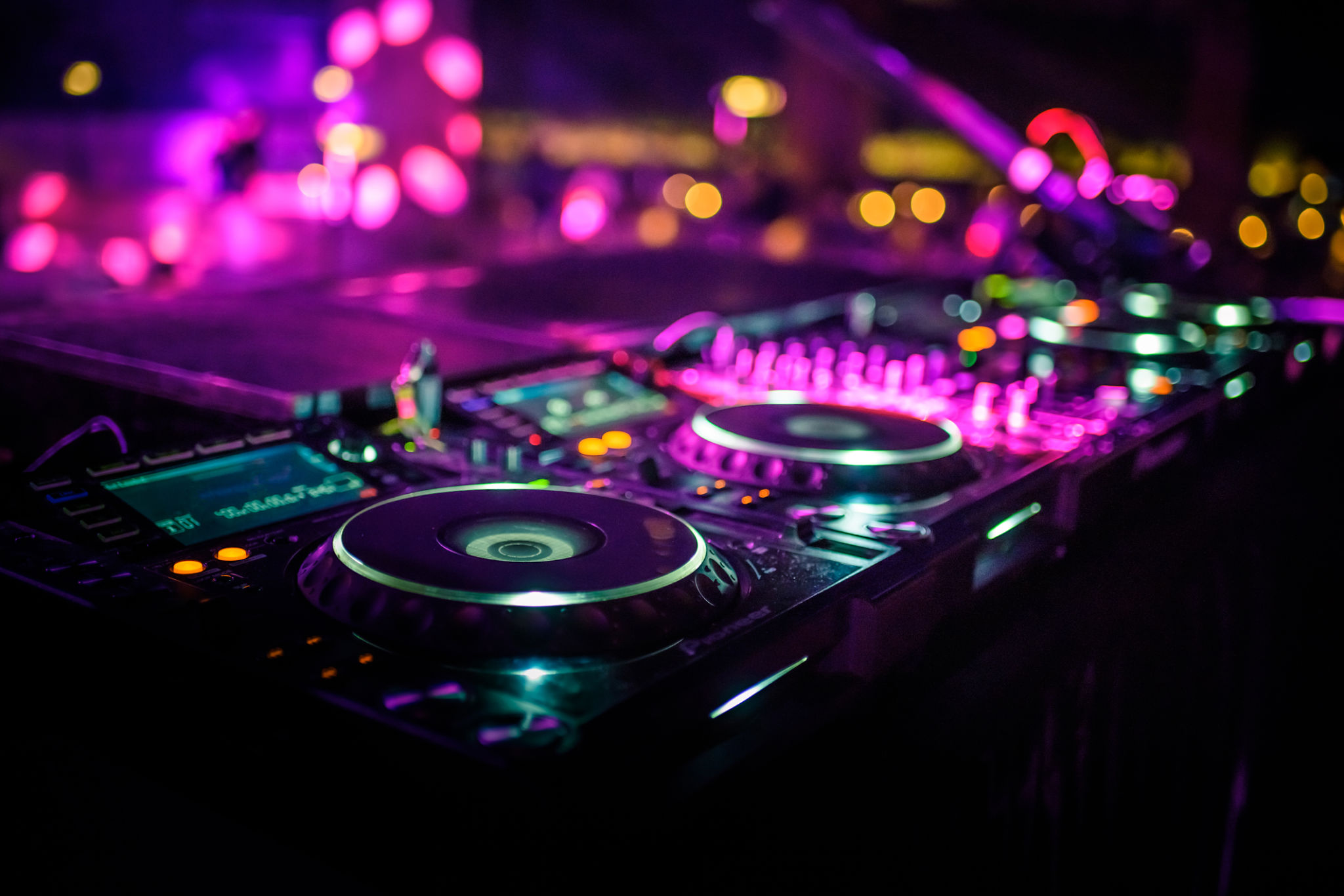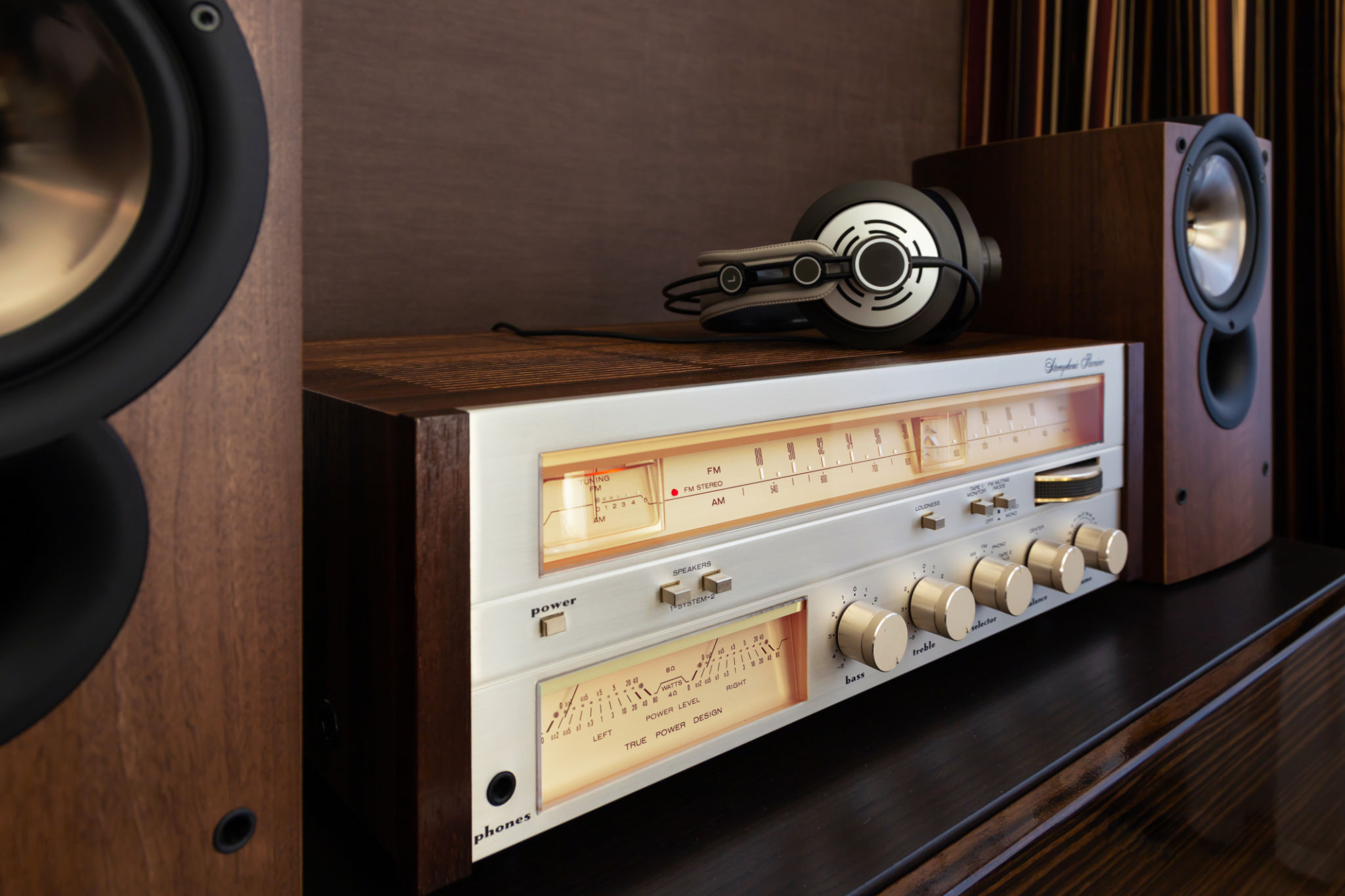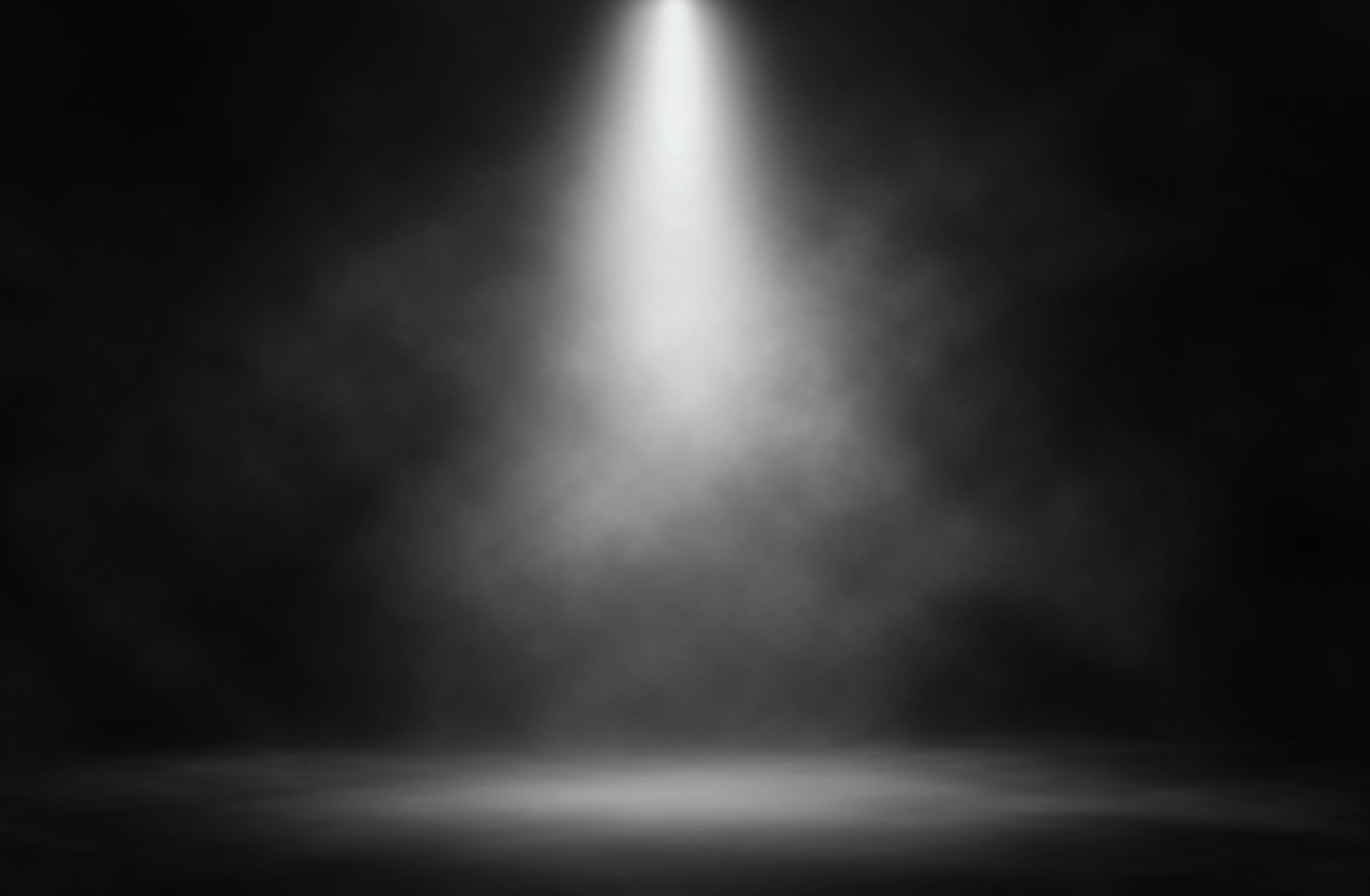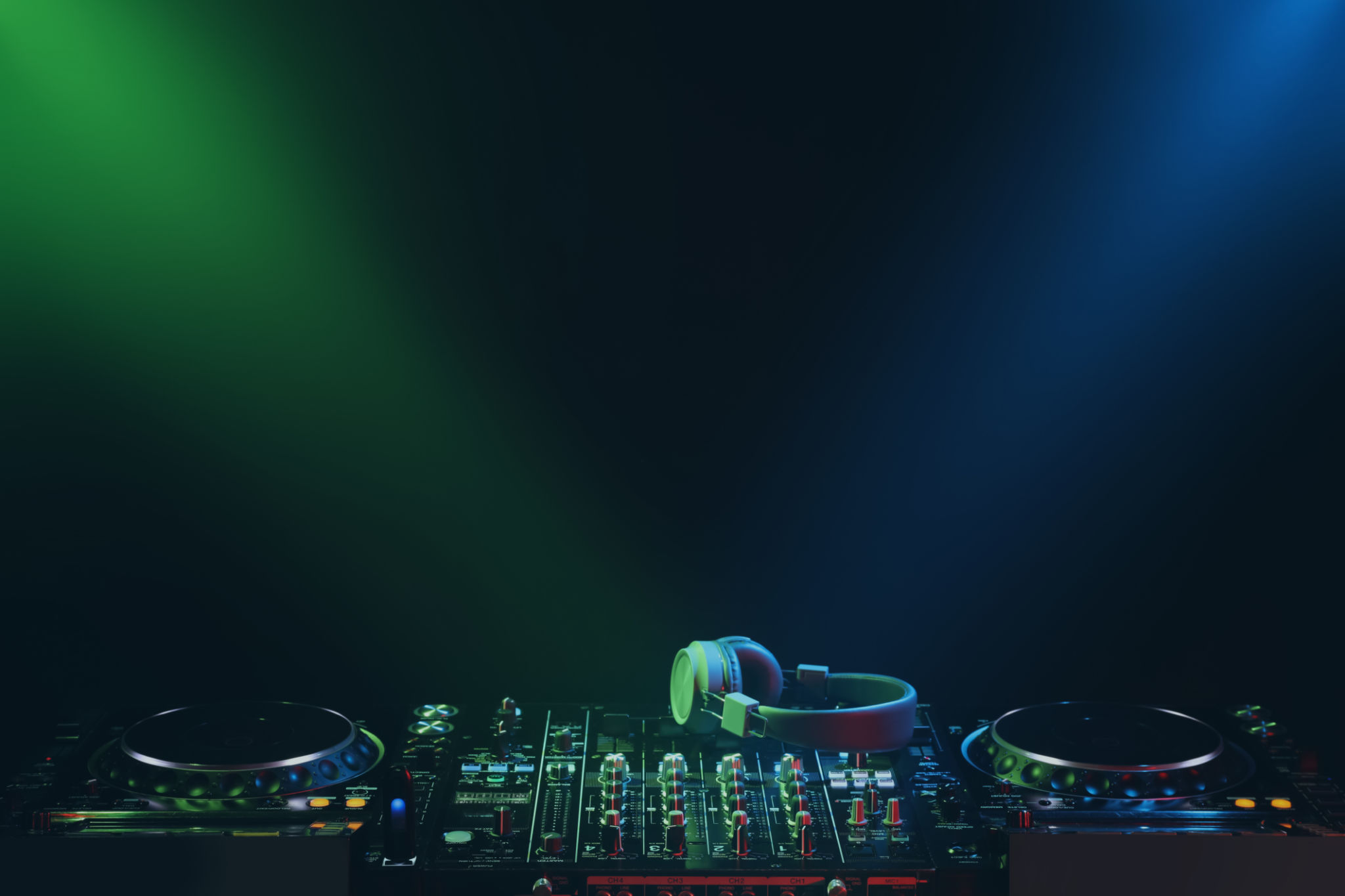How to Choose the Right DJ Equipment for Your Event
Understanding Your Event Needs
Choosing the right DJ equipment for your event starts with understanding the specifics of your occasion. Consider the type of event you are hosting—whether it's a wedding, corporate gathering, birthday party, or a club night, each requires different equipment setups. The size of the venue and the number of guests also play a crucial role in determining your needs. For instance, a larger venue may require more powerful speakers to ensure everyone hears the music clearly.
Furthermore, consider the type of music that will be played. Different genres might require specific equipment to enhance sound quality. For example, electronic dance music often benefits from subwoofers to emphasize bass, while classical music might need well-balanced speakers for clarity across different frequencies.

Essential DJ Equipment
Once you've assessed your event's specific needs, it's time to focus on the essential DJ equipment. At the core of any DJ setup is the mixer. A quality mixer allows you to blend tracks smoothly and control the audio output. It's important to choose a mixer with enough channels for your needs, especially if you plan to connect multiple devices.
Next, consider turntables or CDJs. These devices are crucial for playing and manipulating tracks. If you're leaning towards a digital setup, you might prefer a controller, which integrates with software to give you all-in-one control over your music. Don't forget about headphones; a good pair will help you cue tracks accurately and maintain a seamless flow.

Choosing the Right Speakers
Speakers are fundamental to delivering quality sound at your event. When selecting speakers, consider both size and power. For smaller indoor events, compact powered speakers might be sufficient. However, larger venues or outdoor settings might require larger PA systems to ensure everyone can enjoy the music.
It's also essential to evaluate whether you need subwoofers, especially if your event will feature bass-heavy music. Subwoofers enhance low frequencies and can significantly improve the overall sound experience. Additionally, consider speaker placement and acoustics of the venue to optimize sound distribution.

Additional Equipment and Accessories
Beyond the basics, there are additional pieces of equipment that can enhance a DJ setup. Microphones are often necessary for announcements or live vocals. Wireless mics offer greater mobility and are ideal for interactive events.
Lighting is another element that can transform your event space. From simple uplighting to dynamic moving lights, the right lighting can create an engaging atmosphere that complements your music. Additionally, consider investing in stands and cases for easy transportation and setup of your gear.

Budget Considerations
Your budget will significantly impact the type of DJ equipment you can acquire. It's possible to find quality gear at various price points, but it's essential to prioritize features that align with your event's needs. Renting equipment is a viable option if you're working with a limited budget or if you only need it for a single event.
When budgeting, also account for potential repairs or replacements. Investing in reliable brands with strong warranties can save you money in the long run. Keep an eye out for sales or second-hand options as well, which can offer substantial savings on high-quality gear.

Testing and Preparation
Before the day of your event, it's crucial to test all your equipment to ensure everything works smoothly. Set up your gear in a similar environment to your venue and conduct a thorough sound check. This practice helps identify any potential issues and allows you time to make adjustments.
Additionally, preparing a checklist of all necessary cables, adapters, and backups can prevent last-minute stress. Having spare batteries for wireless devices and extra cables on hand is always a good practice.
